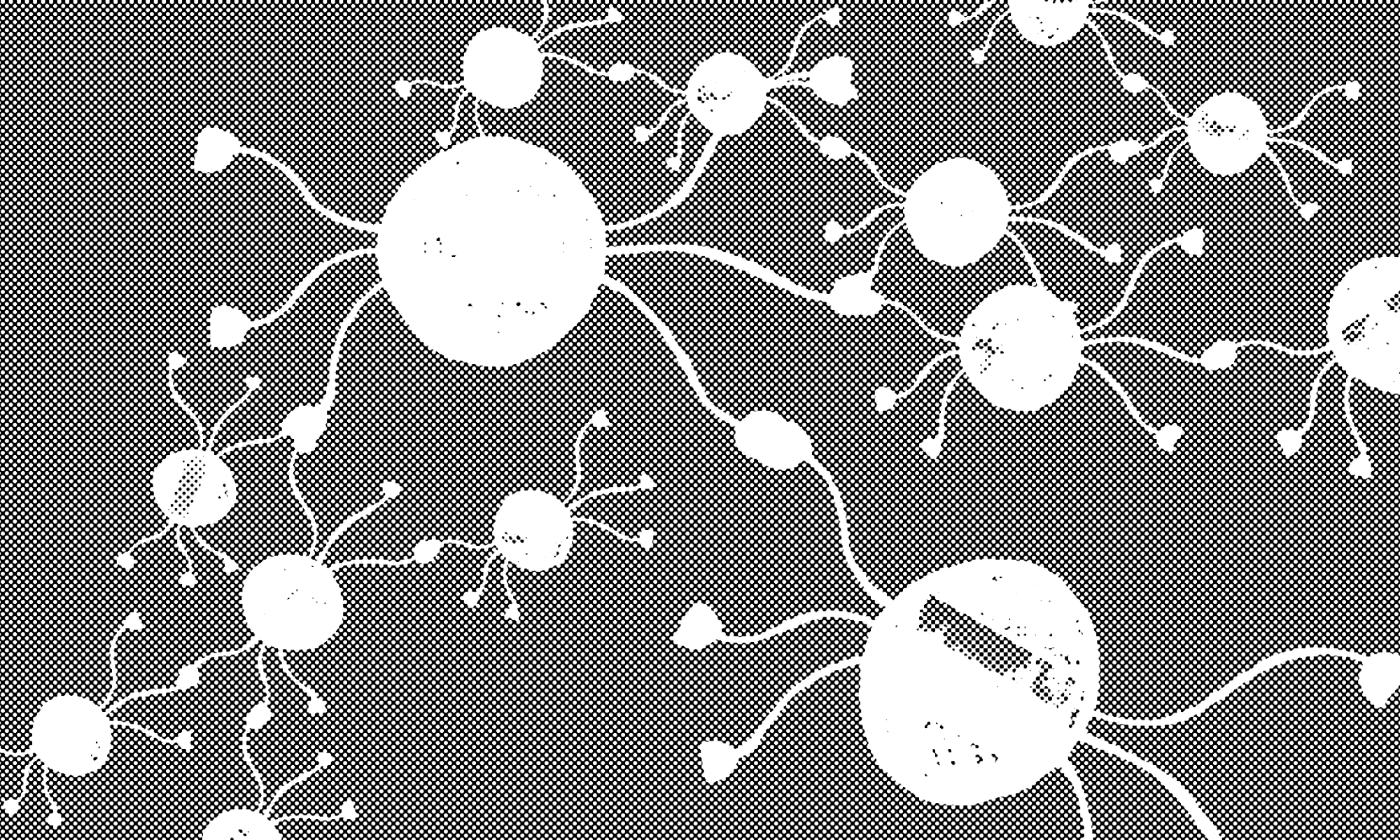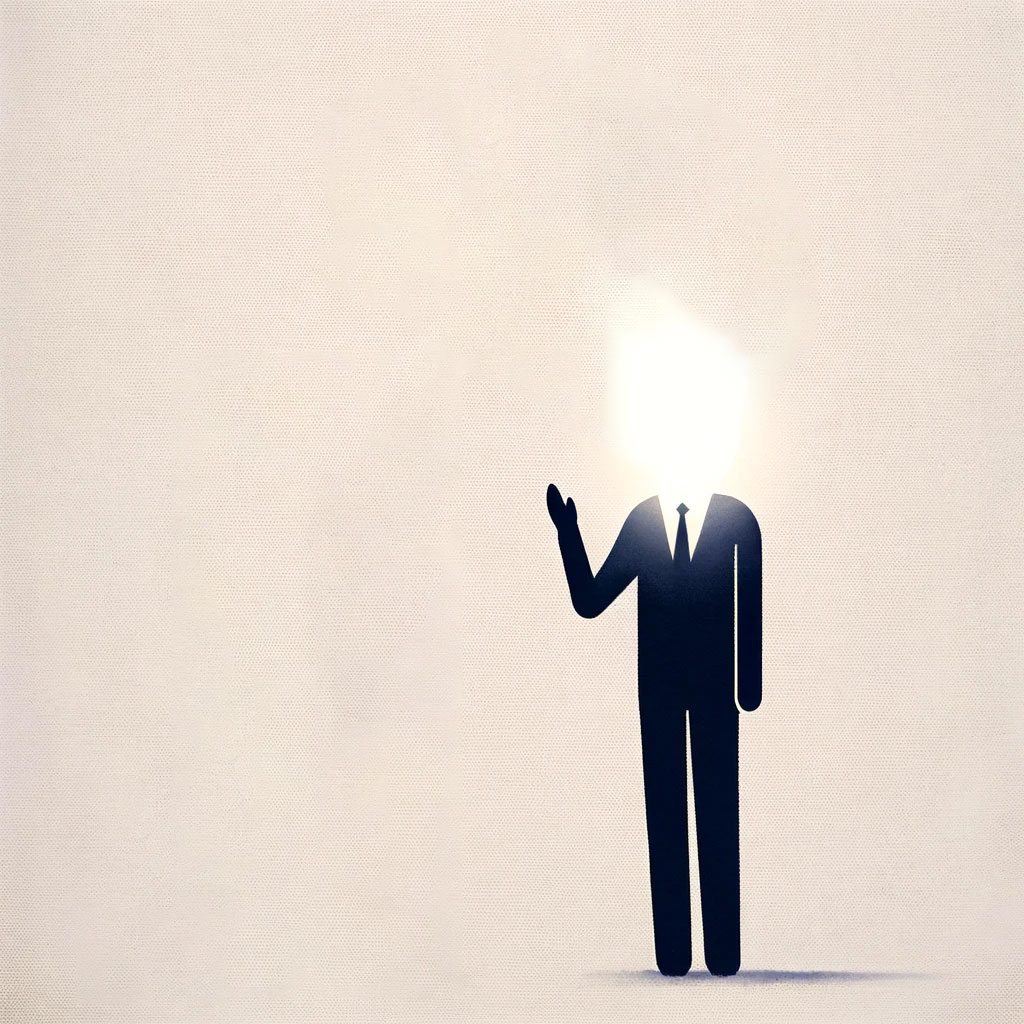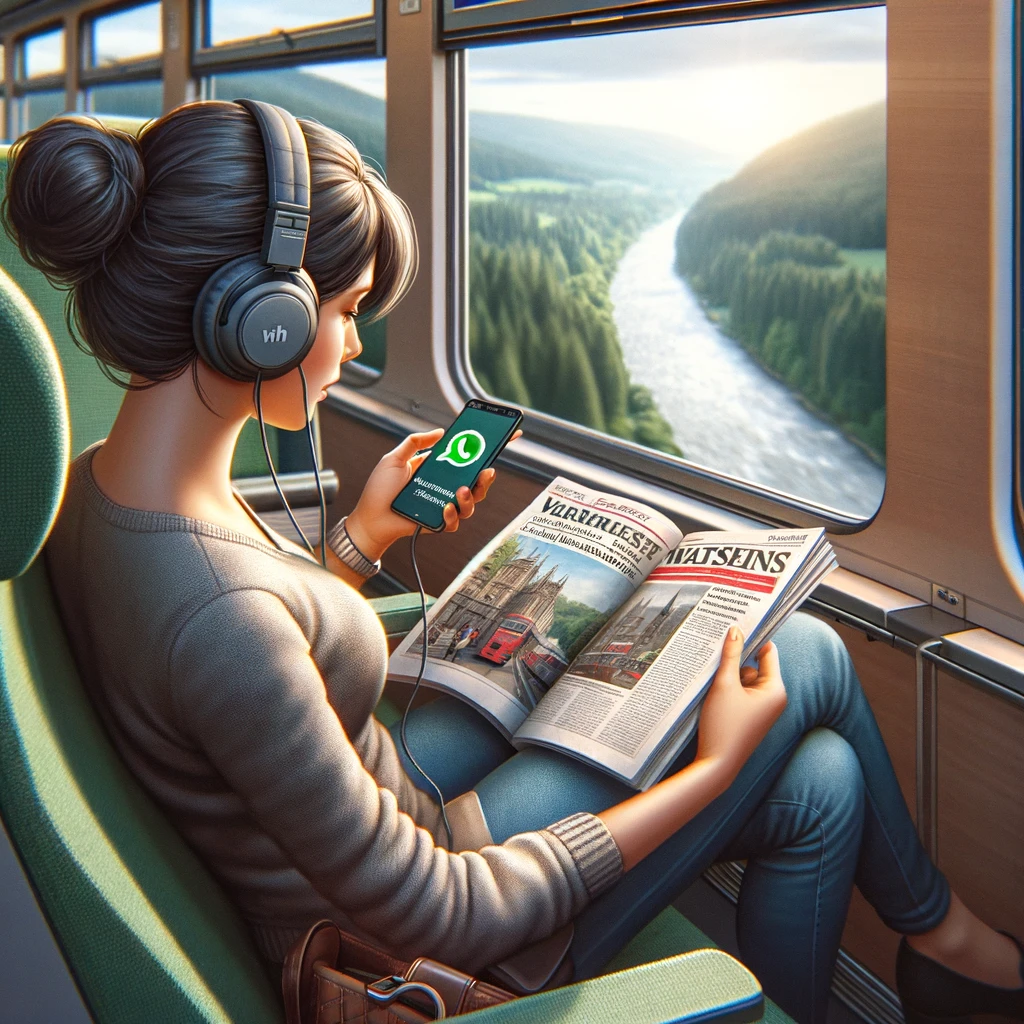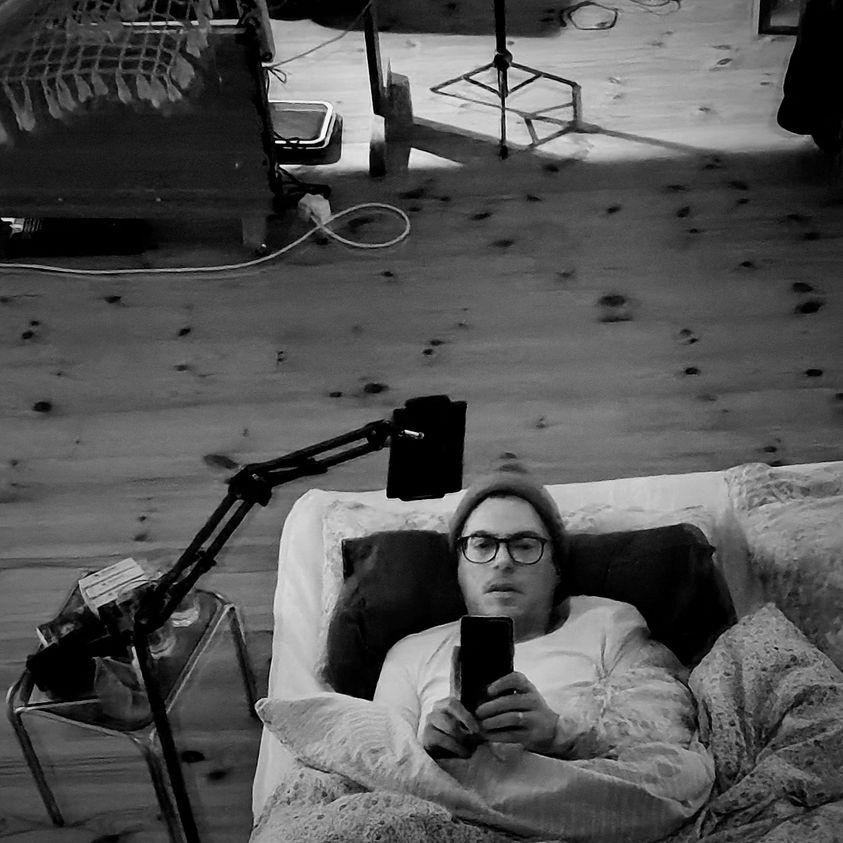Das System ermöglicht es, sich in einen Geist zu verlieben. In den Geist von jemandem, ohne den Körper in Beziehung zu setzen.
Ich habe heute einen Freund getroffen. Der Freund hat mir von seinem Leben in einem online System erzählt. Von den Freundschaften, die er dort gefunden hat und dem was über Freundschaften hinausgeht. Er hat ein System beschrieben, eine Gesellschaft, in der sich Menschen treffen, die einen ähnlichen Blick auf die Welt haben, ähnliche Träume und Fantasien. Die ähnliche Wege gehen um dem Glück näher zu kommen oder zumindest der Ausgeglichenheit. Die Menschen dort geben sich Avatare, die sie sich selbst ausgesucht, die sie selbst nach ihren Wünschen und Vorstellungen gestaltet haben.
Im System gelten strenge Regeln und hin und wieder verschwinden Leute, es ist schon vorgekomen, dass sie im “Realen Leben” gestorben sind, öfter kommt es vor, dass sie aus dem System verbannt wurden. Die Regeln geben dem System Struktur, ein Gerüst, dass das System zusammenhält und verhindert, dass es wieder auseinander fällt, sich auflöst in seine Bestandteile. Die Individuen innerhalb des Systems wissen um das System und halten sich an die Regeln. Jeder weiß, dass wer sich nicht an die Regeln hält Gefahr läuft, verbannt zu werden. Verbannt zu werden, bedeutet nicht mehr Teil des Systems zu sein. In dem Sinne ist es eine freie Entscheidung, sich den Regeln des Systems unterzuordnen oder nicht. Es gibt noch viele andere Systeme, Systeme, die nach unterschiedlichen Regeln funktionieren. Jeder ist frei, sich ein System auszusuchen. Doch es gibt kein System ohne Regeln.





